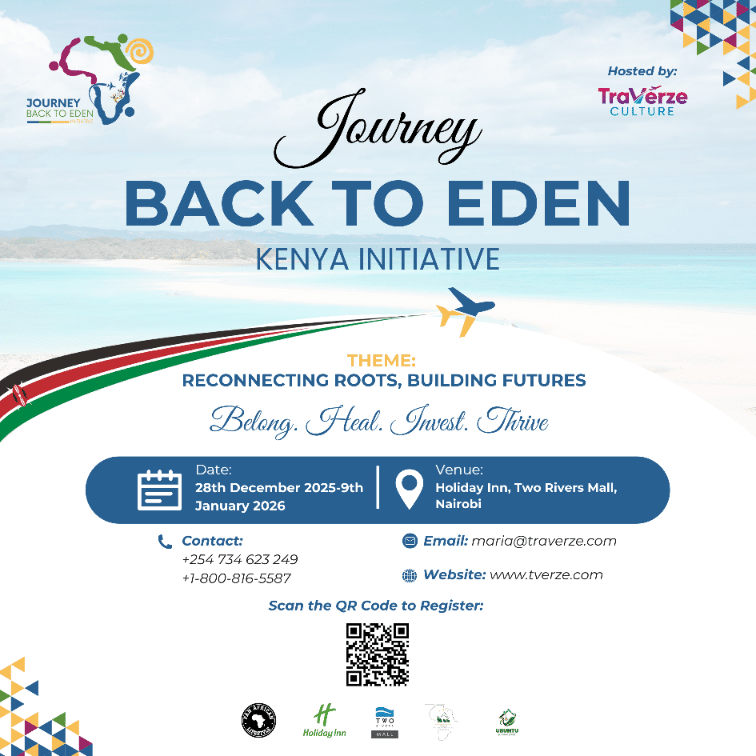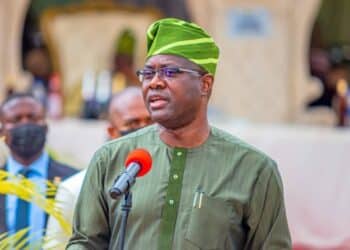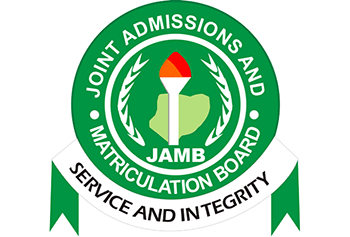A professor of urban and Regional Planning at the University of Ibadan, Professor Bolanle Waheed Wahab, has stressed the need for indigenousising the planning and management of human settlements through greater use of indigenous techniques, personnel, and approaches.
Professor Wahab advised in a lecture entitled.
Informal Communities and Planned Slums: The Tragedy of Environmental Planning Without Indigenous Knowledge Systems.
The 522nd Inaugural lecture of the University of Ibadan was delivered on behalf of the Faculty of Environmental Design and Management.
According to the professor, these would increase the level of participation of stakeholders who are beneficiaries of the planning policies and products to improve the liveability index of communities and reduce dependency.
He stated that Nigerian rural and urban communities have enormous resources waiting to be tapped for development purposes if government agencies and communities approach the issue in ways that demonstrate mutual respect, transparency, and accountability.
Professor Wahab lamented the situation in Nigeria, where policy and decision-makers ignored community, local, and indigenous knowledge systems, which they ignorantly equate with retrogressive ideology, old fashioned and of no positive consequence.
He stated that the traditional inclusive governance systems that sustained the communities for centuries are viewed as slow, time-wasting, and unscientific and are, therefore, discarded and jettisoned without the least consideration until when there are crises and insecurity problems and traditional rulers and apparatuses are invited for rescue.
Given the opportunities and challenges that informal settlements offer urban and peri-urban populations, Professor Wahab advised that governments, development agencies, scholars, and professionals should come together and formulate actionable strategies to transform our ailing informal and formal settlements into liveable communities.
He also advised that improvements in the quality of the urban environments through community-based and participatory waste management, water supply, road improvement, public sanitation, and neighbourhood revitalisation should be the government’s utmost priority.
He said the government should collaborate with both the private and public sectors to champion enacting and enforcing appropriate laws and bylaws to properly plan and manage the living environment.
The Professor of Urban and Regional Planning advised that the need to re-shape our physical surroundings to better our lives should be seen as a basic human activity by all stakeholders in a collective, collaborative, and sustainable manner.












